Home>Articles>How Much Does A Plumber Charge To Unclog A Kitchen Sink
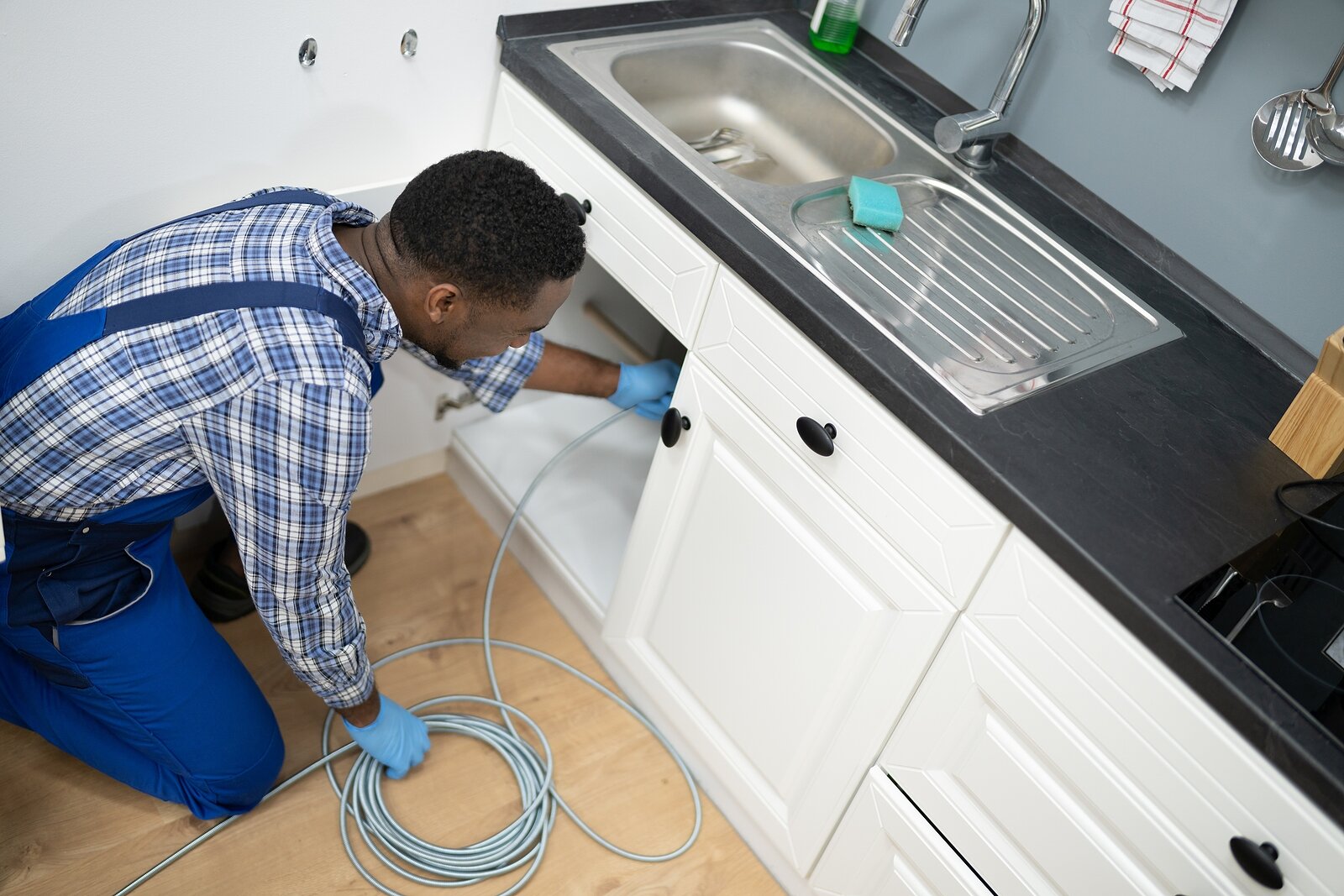

Articles
How Much Does A Plumber Charge To Unclog A Kitchen Sink
Modified: May 6, 2024
Find articles about how much plumbers charge to unclog a kitchen sink. Get an idea of the average cost and compare prices to make an informed decision.
(Many of the links in this article redirect to a specific reviewed product. Your purchase of these products through affiliate links helps to generate commission for Storables.com, at no extra cost. Learn more)
Introduction
Having a clogged kitchen sink can be a frustrating and inconvenient experience. It can disrupt your daily routine and make simple tasks like washing dishes or preparing meals a hassle. When faced with a stubborn kitchen sink clog, many homeowners opt to hire a professional plumber to resolve the issue quickly and effectively.
However, before contacting a plumber, it’s essential to understand the factors that can influence the cost of unclogging a kitchen sink. By being aware of these factors, you can make an informed decision and ensure that you are getting a fair price for the service.
In this article, we will explore the various factors that can affect the charges of hiring a plumber to unclog a kitchen sink. We will also discuss the common methods used by plumbers for unclogging sinks, the average cost range for this service, additional costs to consider, and provide some helpful tips for hiring a plumber or exploring DIY solutions.
Understanding these aspects will equip you with the knowledge you need to navigate the process and find the best solution for your clogged kitchen sink.
Key Takeaways:
- Hiring a plumber to unclog a kitchen sink involves considering factors like severity of clog, time and labor, equipment, and location. Seek reputable professionals for quality service and avoid potential complications.
- Before calling a plumber, try DIY methods like plunging, hot water and dish soap, or baking soda and vinegar. Prioritize safety and consult a professional if the clog persists or if unsure.
Read more: How Much For Plumber To Unclog Toilet
Factors Affecting Plumber Charges for Unclogging a Kitchen Sink
The cost of hiring a plumber to unclog a kitchen sink can vary depending on several factors. It’s essential to consider these factors to understand why the charges may vary from one plumber to another.
- Severity of the clog: The severity of the clog is a significant factor in determining the cost. A minor clog that can be quickly resolved may be less expensive than a severe and complex clog that requires more time and effort to fix.
- Time and labor involved: The amount of time and labor required to unclog the kitchen sink can influence the charges. If the clog is straightforward and can be resolved with minimal effort, the cost may be on the lower end. However, if the plumber needs to spend more time and exert more effort, the charges may increase accordingly.
- Accessibility of the plumbing system: The accessibility of the plumbing system can impact the cost. If the pipes and drainage system are easily accessible, the plumber can quickly identify and resolve the clog. However, if the pipes are hidden or challenging to reach, it may require more time and effort, thus resulting in higher charges.
- Equipment and materials: Plumbers utilize different tools and materials to unclog kitchen sinks. The type and quality of equipment used can affect the cost. For instance, if specialized equipment or advanced technology is required, it may result in higher charges. Additionally, if replacement parts or chemicals are necessary to fix the clog, it may incur additional costs.
- Location: The location can also play a role in determining the charges. Plumbers in urban areas or regions with a high cost of living may charge more compared to those in rural or less expensive areas.
- Experience and reputation of the plumber: Plumbers with extensive experience and a good reputation may command higher rates for their services. Their expertise and track record of successfully unclogging sinks can give homeowners peace of mind and justify the higher charges.
It’s essential to keep these factors in mind when requesting quotes from plumbers to ensure that you are comparing prices based on the same criteria. Remember that the cheapest option may not always be the best, as quality and reliability are just as important when hiring a plumber.
Common Methods Used by Plumbers to Unclog Kitchen Sinks
Professional plumbers employ a variety of methods and techniques to unclog kitchen sinks efficiently. The specific method used will depend on the nature and severity of the clog. Here are some common methods that plumbers use:
- Plunger: The plunger is a simple yet effective tool for clearing clogs. Plumbers use a cup-shaped plunger specifically designed for sink drains. By creating a vacuum, the plunger can dislodge the clog and restore proper drainage.
- Plumbing Snake: Also known as a drain auger, a plumbing snake is a long, flexible cable with a coiled end. Plumbers insert the snake into the drain and rotate it to break up or remove the clog. This method is particularly useful for more stubborn or deeper clogs.
- Hydro-Jetting: Hydro-jetting involves using high-pressure water to unclog drain pipes. Plumbers use specialized equipment that shoots pressurized water into the drain, effectively clearing any debris or build-up that is causing the clog. This powerful method is highly effective for clearing tough obstructions.
- Dissolving Agents: In some cases, plumbers may use chemical drain cleaners or enzymes to dissolve organic matter and break up clogs. These agents can be effective but should be used with caution as they can be harmful to pipes if not used correctly.
- Pipe Inspection and Clearing: If the plumber suspects that the clog is caused by a more significant issue within the pipes, such as a tree root intrusion or a collapsed pipe, they may use a camera inspection system to identify the problem. Once identified, they can then proceed to clear the obstruction or recommend the appropriate repair or replacement.
It’s important to note that the method used may also depend on the plumber’s personal preference and expertise. They will assess the situation and determine the best approach to resolve the clog effectively.
When hiring a plumber, inquire about their preferred method and ask for an explanation of why they believe it is the most suitable option for your specific clog. This will help you understand their approach and make an informed decision.
Average Cost Range for Unclogging a Kitchen Sink
The cost of unclogging a kitchen sink can vary depending on factors such as the severity of the clog, location, and the plumber’s experience. It’s important to keep in mind that these are estimates, and actual costs may differ in your specific situation. However, here is a general average cost range for unclogging a kitchen sink:
Basic Clogs: For minor clogs that can be resolved with simple methods like plunging or using a plumbing snake, the average cost can range from $100 to $250. This includes the plumber’s service fee and any necessary equipment or materials.
Complex Clogs: For more stubborn or severe clogs that require advanced techniques like hydro-jetting or pipe inspection, the average cost can range from $200 to $500. This higher cost is due to the additional time, labor, and specialized equipment necessary to resolve these more difficult clogs.
Emergency Service: If you require emergency service outside of regular business hours, you may incur additional charges. Emergency rates can vary significantly depending on the plumber and the time of the call, with costs often being higher during weekends or holidays.
It’s worth noting that these costs are just estimates and can vary depending on your location and the specific circumstances of the clog. It’s always recommended to obtain multiple quotes from different plumbers to compare prices and find the best option for your needs and budget.
Remember that while cost is an important factor, it’s equally important to consider the plumber’s reputation, experience, and customer reviews. Hiring a licensed and insured professional will ensure quality workmanship and avoid potential complications down the line.
It’s advisable to discuss the pricing and services in detail with the plumber before hiring them. Ask for a breakdown of the charges and any additional fees to avoid any surprises when it comes time to pay the bill.
Now that you have an idea of the average cost range for unclogging a kitchen sink, you can make a more informed decision when it comes to hiring a plumber.
Tip: The cost to unclog a kitchen sink can vary depending on the plumber’s hourly rate and the complexity of the clog. On average, expect to pay between $150 to $300 for this service. Be sure to get a detailed estimate before hiring a plumber.
Additional Costs to Consider
When it comes to unclogging a kitchen sink, there may be additional costs to consider aside from the basic service fee. These additional costs can vary depending on the specific circumstances and requirements of your situation. Here are a few additional costs to keep in mind:
- Replacement parts: In some cases, the plumber may need to replace certain parts of the plumbing system, such as pipes, fittings, or the sink trap. These replacement parts will incur additional costs, including the cost of the parts themselves and any labor involved in the installation.
- Chemical drain cleaners: If chemical drain cleaners or enzymes are used to dissolve the clog, there may be an additional charge for these products. It’s important to note that while these products can be effective, they can also be damaging to pipes if not used correctly. Consult with the plumber about the use of chemicals and their associated costs.
- Camera inspection: If the plumber suspects a more significant issue within the pipes, such as a blockage or damage, they may recommend a camera inspection. This involves using a small camera attached to a flexible cable to inspect the inside of the pipes. While this additional service can provide valuable insights, it will come with an added cost.
- Emergency service: If you require immediate assistance for a severely clogged kitchen sink outside of regular business hours, you may incur extra charges for emergency service. Emergency rates can be higher due to the plumber’s availability and the urgency of the situation.
- Preventive maintenance: Once the kitchen sink is unclogged, you may want to consider preventive maintenance to avoid future clogs. This can include regular inspections, drain cleaning, or installing a mesh strainer to prevent debris from entering the drain. While not necessarily an immediate cost, it is an investment in preventing future issues.
It’s important to discuss these potential additional costs with the plumber before starting the unclogging process. This will help you make an informed decision and avoid any surprises when it comes to pricing.
Remember, while it’s essential to consider costs, it’s also crucial to prioritize quality and reliability when hiring a plumber. Look for licensed and insured professionals with a good reputation and customer reviews. This will ensure that the job is done efficiently and effectively, minimizing the risk of future clogs or complications.
By being aware of these potential additional costs, you can accurately budget for the unclogging process and make an informed decision about the services you require.
Read more: How To Use Plumbers Putty On Sink Drain
Tips for Hiring a Plumber to Unclog a Kitchen Sink
When it comes to hiring a plumber to unclog a kitchen sink, it’s important to do your due diligence to ensure you find a reliable and reputable professional. Here are some tips to help you make the right choice:
- Seek recommendations: Start by asking friends, family, or neighbors for recommendations. Personal referrals are often the most reliable way to find a trustworthy plumber who has provided satisfactory service in the past.
- Check licenses and insurance: Ensure that the plumber you hire is licensed, as this is an indication of their training and expertise. Additionally, verify that they have appropriate liability insurance to protect both you and them in case of any accidents or damages during the job.
- Read customer reviews and testimonials: Look for online reviews and testimonials from previous customers. This will give you insights into the plumber’s reputation, reliability, and quality of work. Visit trusted review websites or check the plumber’s website and social media pages for feedback.
- Get multiple quotes: Obtain quotes from multiple plumbers to compare prices. Be sure to provide detailed information about the clog and ask for a breakdown of the costs. Keep in mind that the lowest price may not always be the best option. Consider the plumber’s reputation and experience as well.
- Ask about guarantees: Inquire about any guarantees or warranties provided by the plumber for their work. A reputable plumber should be willing to stand behind their service and offer a guarantee for a specific period.
- Discuss the payment terms: Clarify the payment terms upfront. Some plumbers may require an upfront deposit or expect payment upon completion of the job. Understand their policy and ensure you are comfortable with the payment terms before proceeding.
- Request a written estimate: Get a written estimate that includes all the details of the job, such as the scope of work, materials, and labor costs. This will help protect both parties and avoid any misunderstandings or disputes later on.
- Consider experience and expertise: Evaluate the plumber’s experience and expertise in dealing with clogged kitchen sinks. Ask about their methods and equipment to ensure they have the necessary knowledge and tools to handle your specific situation.
- Ask about post-service clean-up: Inquire if the plumber includes post-service clean-up in their package. A reputable plumber will ensure that they leave your kitchen clean and tidy after completing the job.
- Trust your instincts: Ultimately, trust your gut feeling when hiring a plumber. If something feels off or if the plumber does not address your concerns adequately, it may be best to look for another professional who makes you feel more confident.
By following these tips, you can hire a reliable plumber who will effectively unclog your kitchen sink and provide a positive service experience. Remember to communicate openly with the plumber, ask questions, and ensure that you are comfortable with their approach and pricing before allowing them to start the job.
DIY Solutions to Try Before Calling a Professional Plumber
Before reaching out to a professional plumber to unclog your kitchen sink, it’s worth trying a few do-it-yourself (DIY) solutions to see if you can resolve the issue on your own. Here are some DIY methods you can attempt before making the call:
- Plunger: Start by using a plunger specifically designed for sink drains. Ensure there is enough water in the sink to cover the cup of the plunger. Position the plunger over the drain and vigorously push and pull to create suction. This can often dislodge simple clogs.
- Hot water and dish soap: Boil a kettle of water and mix in a generous amount of dish soap. Carefully pour the hot water down the drain, allowing it to work its way through the clog. The combination of hot water and soap can help break up grease and other debris causing the blockage.
- Baking soda and vinegar: Start by pouring a cup of baking soda down the drain, followed by a cup of vinegar. This will create a fizzing reaction that can help break down organic matter and clear minor clogs. Allow the mixture to sit for about 15 minutes before rinsing with hot water.
- Plumbing snake: If you have a plumbing snake or drain auger, insert the cable into the drain and twist it clockwise while pushing it further into the pipe. This can help break up or remove more stubborn clogs. Be cautious not to scratch or damage the inside of the pipes.
- Wire coat hanger: Straighten a wire coat hanger and create a small hook at one end. Insert the hooked end into the drain and carefully maneuver it to catch and remove any visible debris or hair causing the blockage.
- Chemical drain cleaners: Use caution when using chemical drain cleaners, as they can be harsh and potentially damaging to your pipes. If choosing to use a chemical drain cleaner, be sure to follow the instructions carefully, wear protective gloves, and ensure adequate ventilation.
Remember, these DIY solutions may not be effective for severe clogs or more complicated issues within the pipes. If you have tried these methods and the clog persists, or if you are unsure about doing further damage, it’s best to call a professional plumber for assistance.
Additionally, always prioritize your safety during the unclogging process. Avoid using excessive force, and never mix different cleaning agents together, as they can produce dangerous chemical reactions. If in doubt, it’s better to consult a professional plumber who can assess the situation and provide the best solution.
By attempting these DIY solutions, you may be able to successfully unclog your kitchen sink without the need for professional help. However, if these methods do not work or if you are unsure about proceeding, it’s always advisable to seek the expertise of a licensed plumber to avoid causing further damage or complications.
Conclusion
A clogged kitchen sink can be a major inconvenience, but fortunately, there are options available to help resolve the issue. Hiring a professional plumber to unclog your kitchen sink can save you time and hassle, ensuring that the problem is addressed effectively and efficiently.
Before contacting a plumber, it’s important to consider various factors that can affect the cost of the service. Factors such as the severity of the clog, time and labor involved, accessibility of the plumbing system, equipment used, location, and the plumber’s experience can all impact the final charges.
Understanding the common methods used by plumbers to unclog kitchen sinks can help you have a better understanding of the process. From plungers and plumbing snakes to hydro-jetting and camera inspections, plumbers have a range of tools and techniques at their disposal to resolve different types of clogs.
The average cost range for unclogging a kitchen sink can vary based on the complexity of the clog and other factors. It’s crucial to consider additional costs such as replacement parts, chemical drain cleaners, camera inspections, emergency service, and preventive maintenance when budgeting for the service.
When hiring a plumber, it’s recommended to seek recommendations, check licenses and insurance, read customer reviews, and obtain multiple quotes. Discussing payment terms, warranties, and post-service clean-up is also important to avoid any surprises or misunderstandings.
Before calling a professional plumber, you can try DIY solutions such as using a plunger, hot water and dish soap, baking soda and vinegar, or a plumbing snake. However, always prioritize your safety and be cautious with chemical drain cleaners. If the clog persists or if you have concerns, it’s best to seek the expertise of a professional plumber.
In conclusion, hiring a professional plumber to unclog your kitchen sink can provide a reliable and effective solution. By considering the factors and following the tips mentioned in this article, you’ll be equipped to make an informed decision and find a trustworthy plumber who can resolve your kitchen sink clog with efficiency and professionalism.
After tackling your kitchen sink issue, you might be considering upgrades or just curious about what's new in home fixtures. For those looking to refresh their kitchens, learning about the top kitchen sinks available for 2024 could steer your next renovation in the right direction. And if you're keen on keeping your home in tip-top shape, understanding essential home maintenance tasks can save you headaches and hefty repair bills down the road. Don't hesitate to check out our handy guides on selecting a superb new kitchen centerpiece and staying on top of your household upkeep.
Frequently Asked Questions about How Much Does A Plumber Charge To Unclog A Kitchen Sink
Was this page helpful?
At Storables.com, we guarantee accurate and reliable information. Our content, validated by Expert Board Contributors, is crafted following stringent Editorial Policies. We're committed to providing you with well-researched, expert-backed insights for all your informational needs.
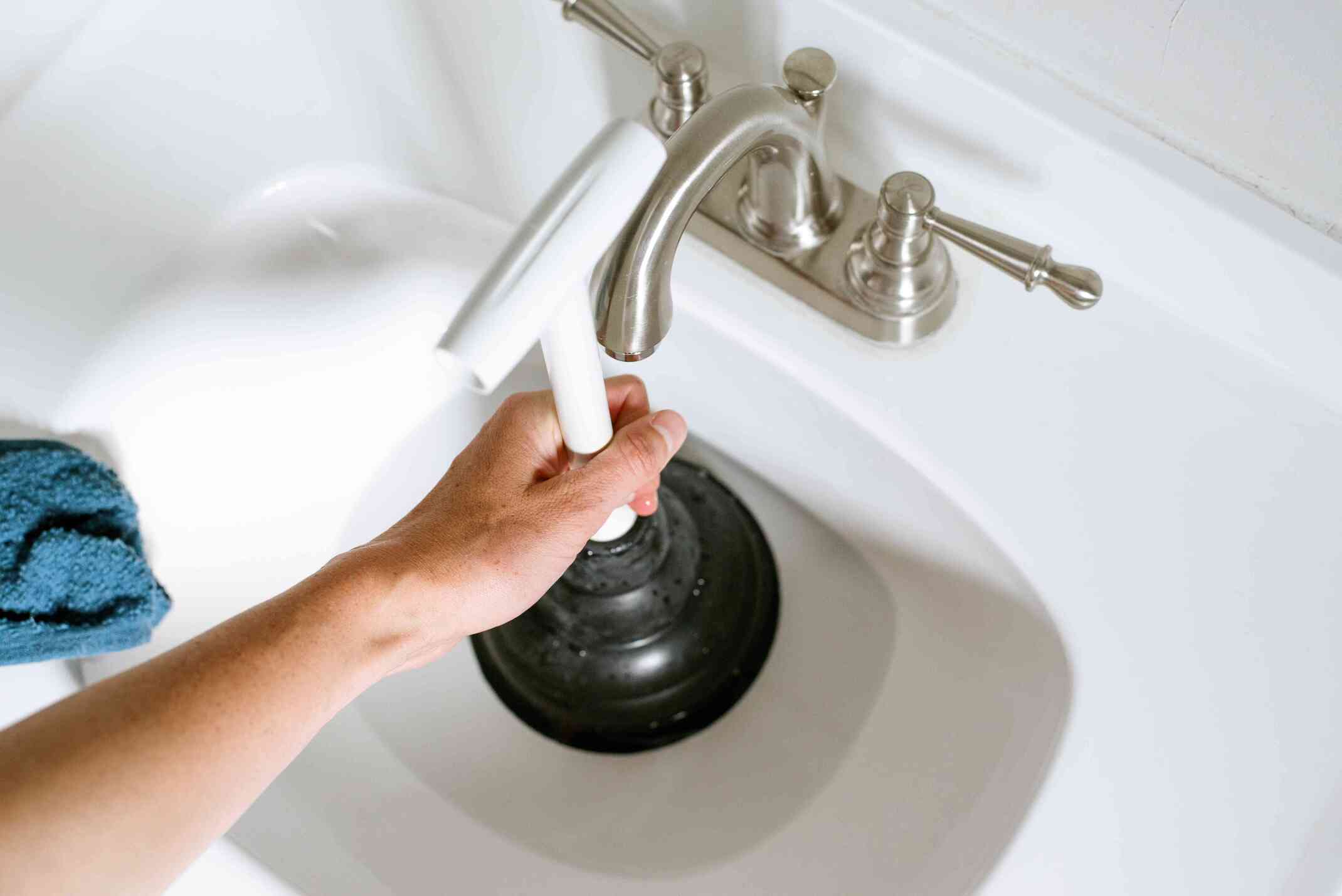
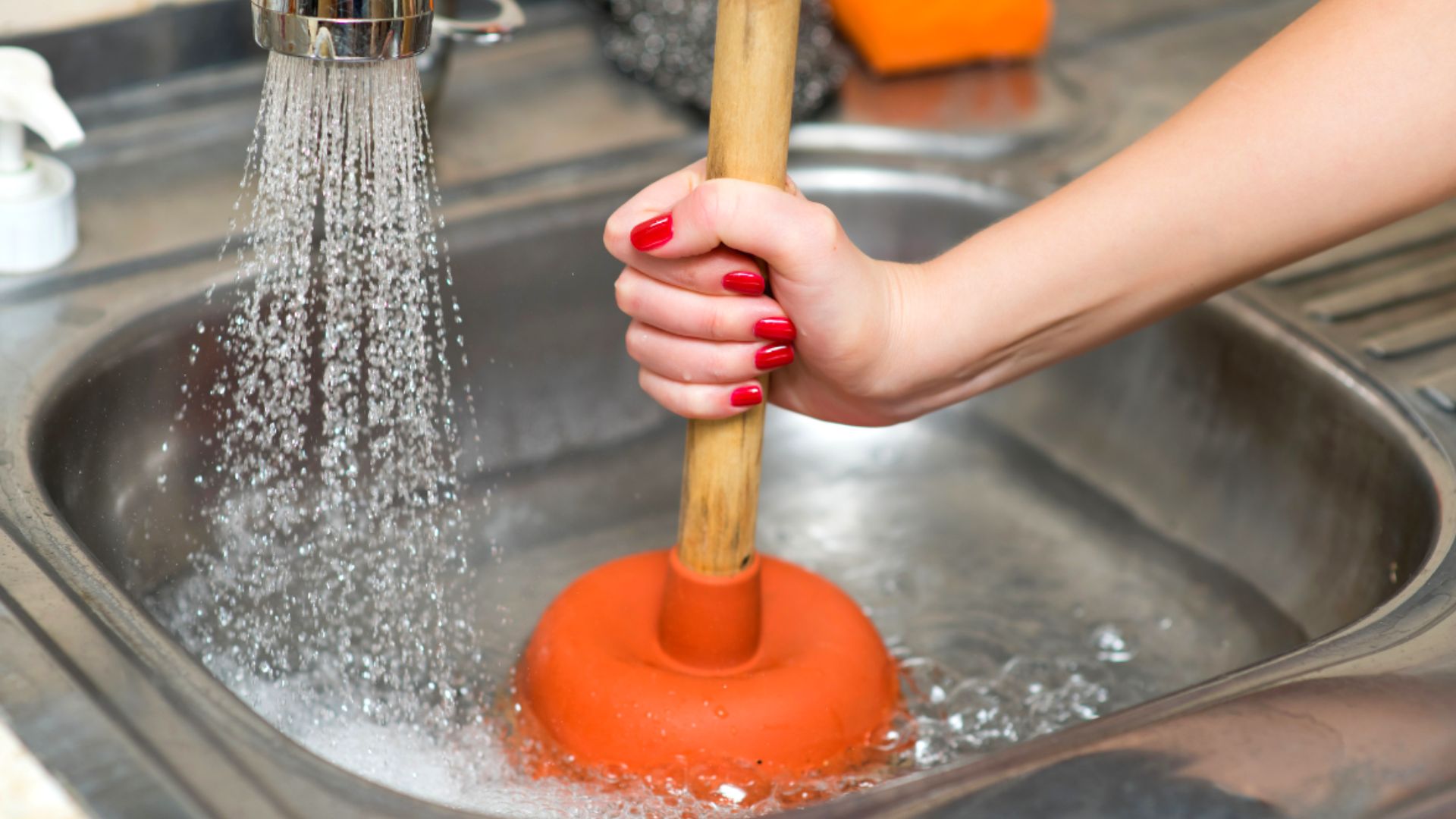
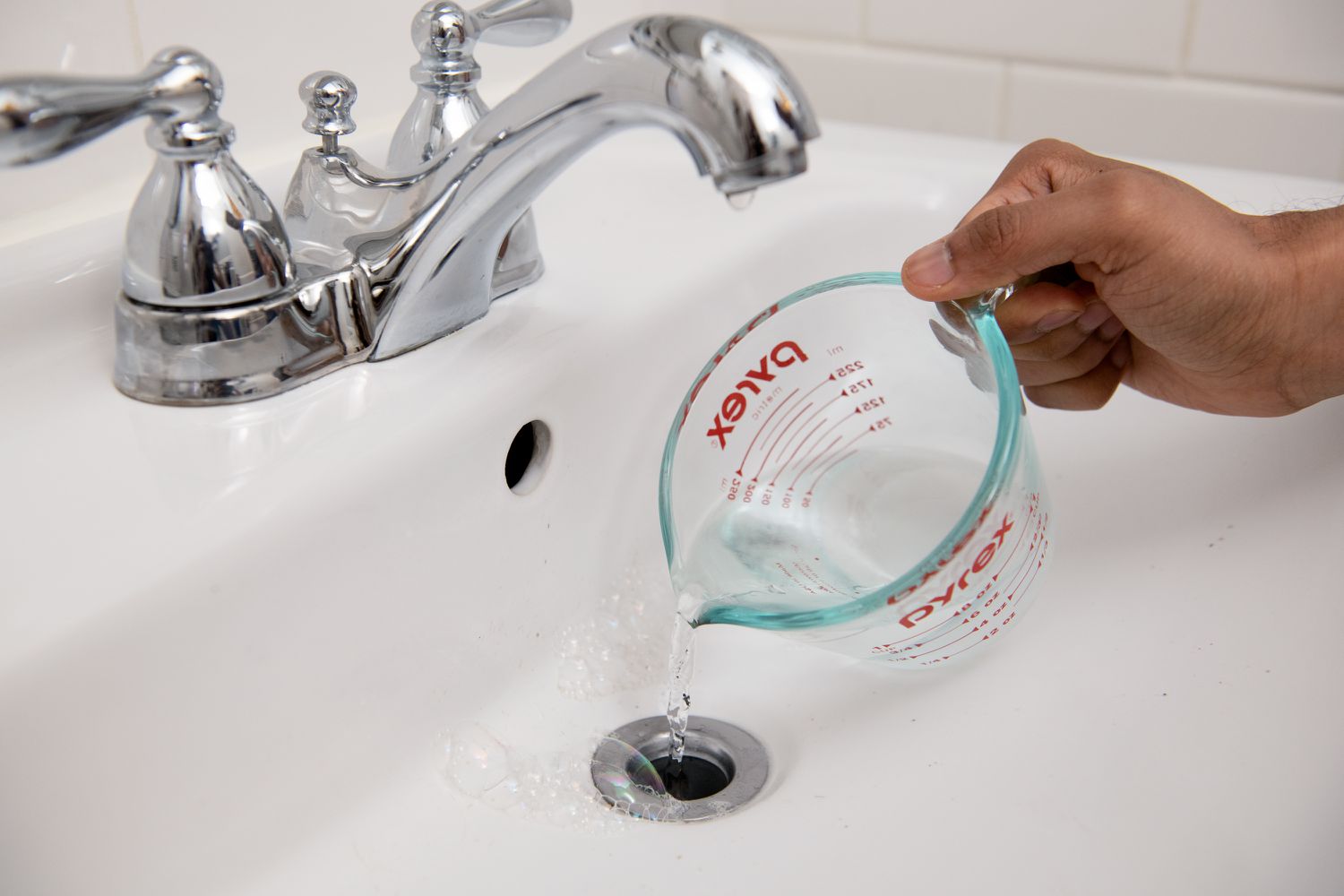
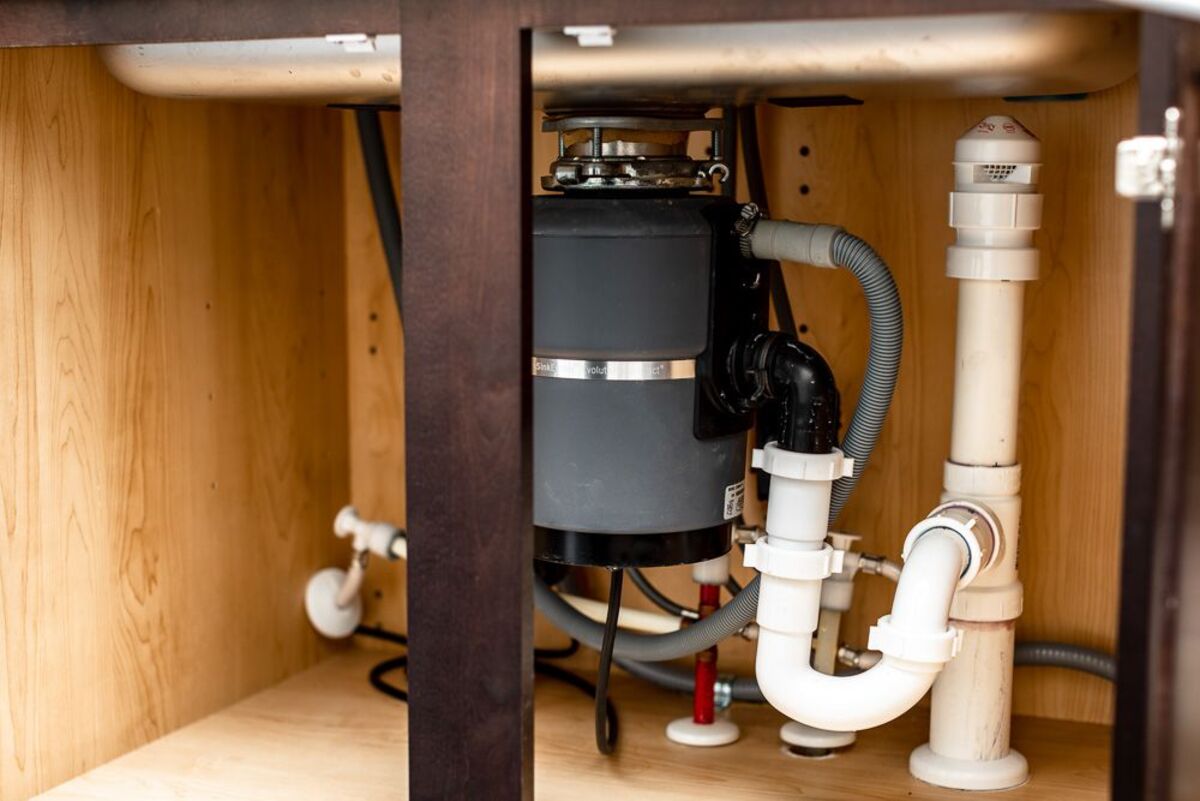
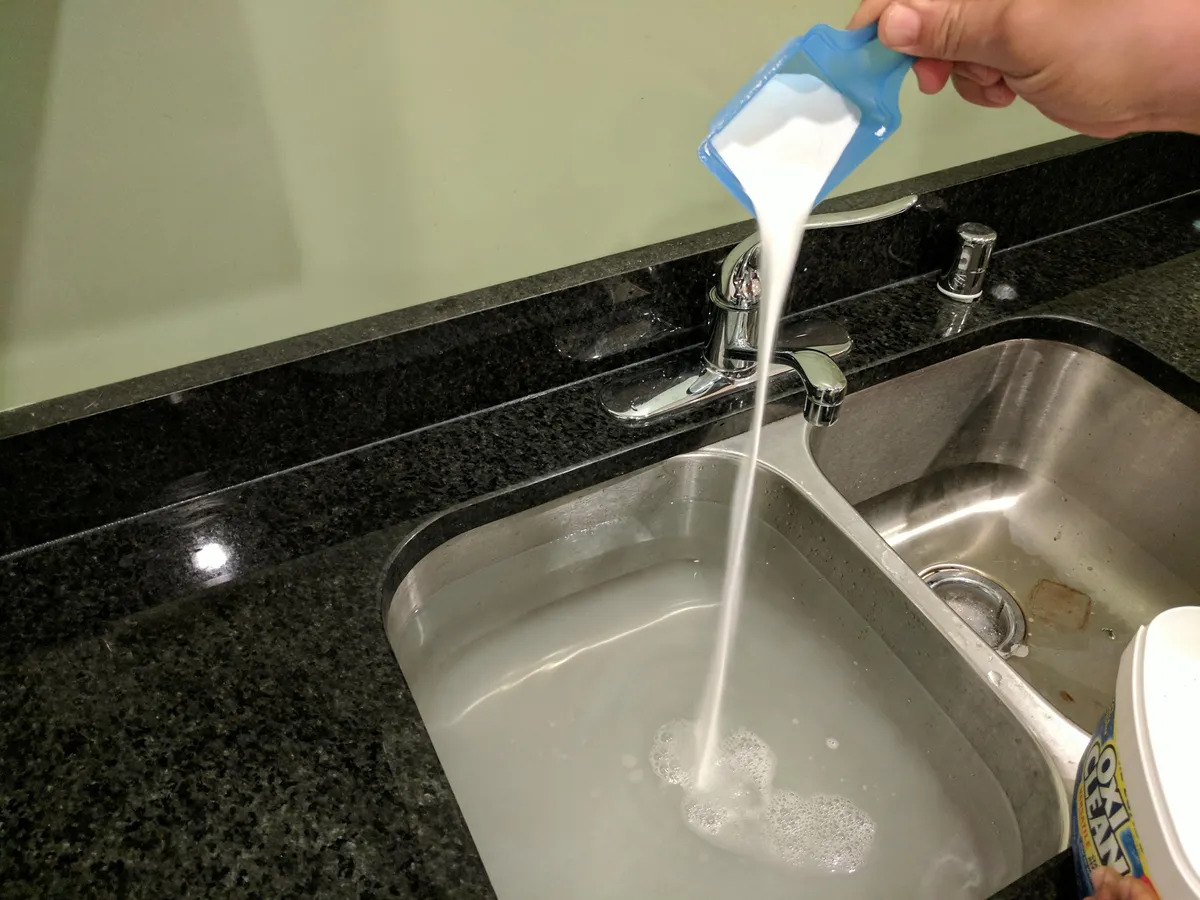
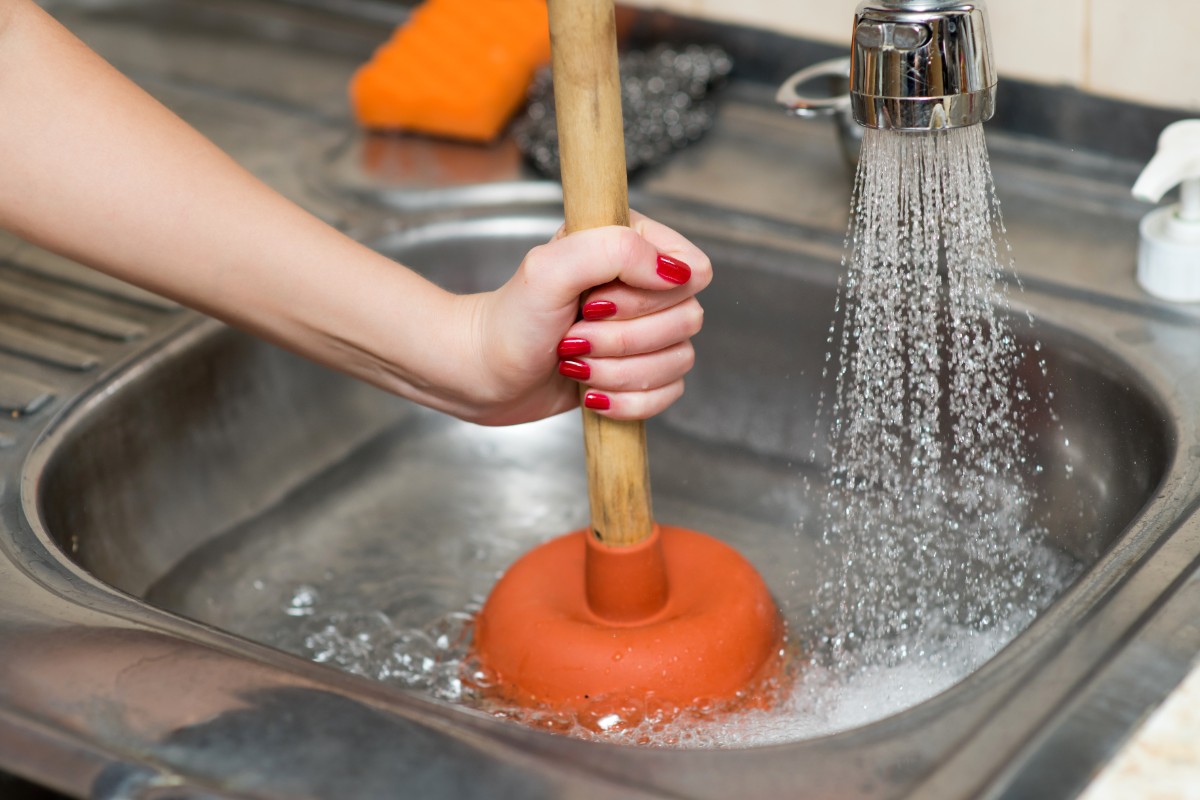
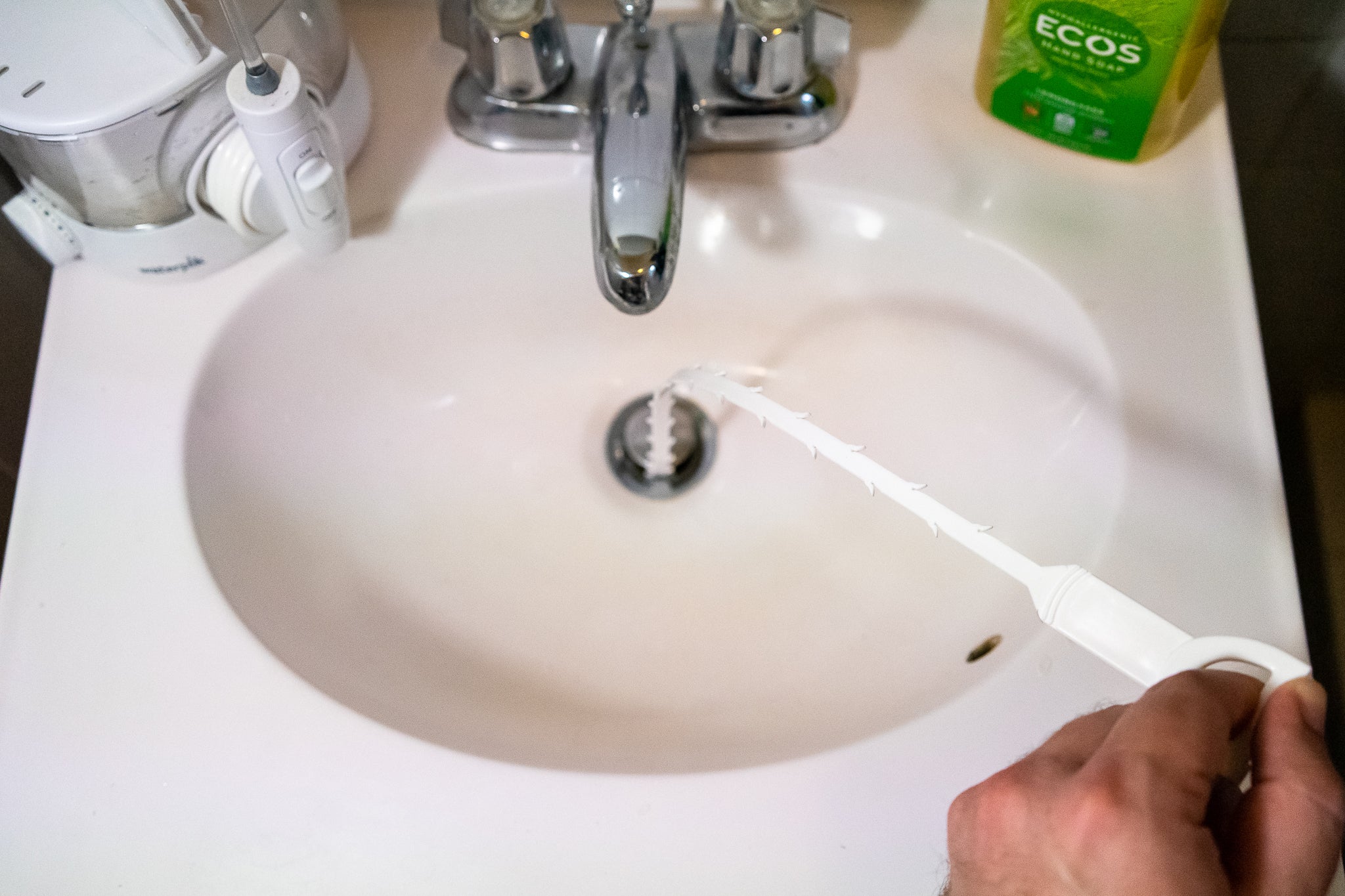
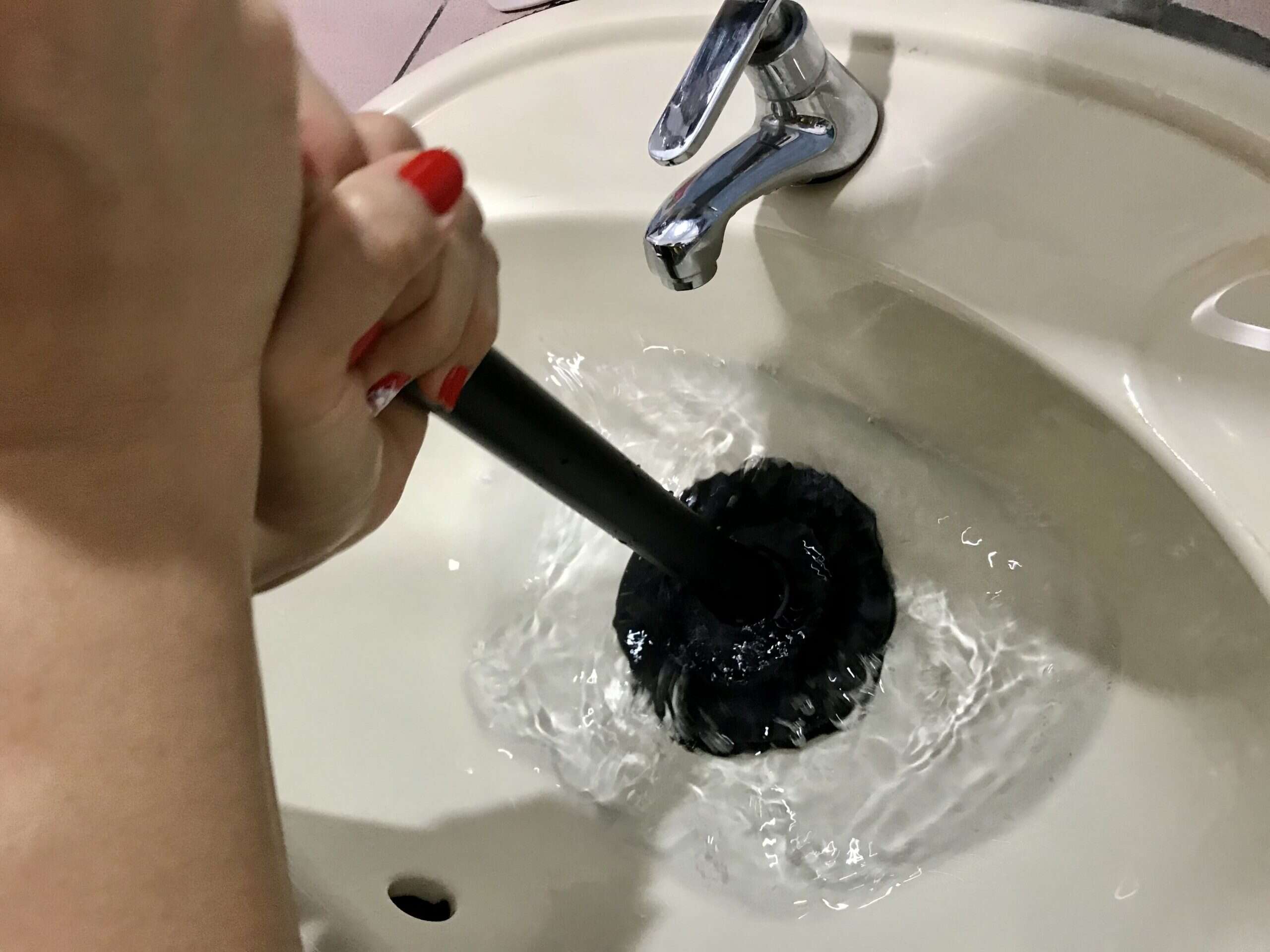
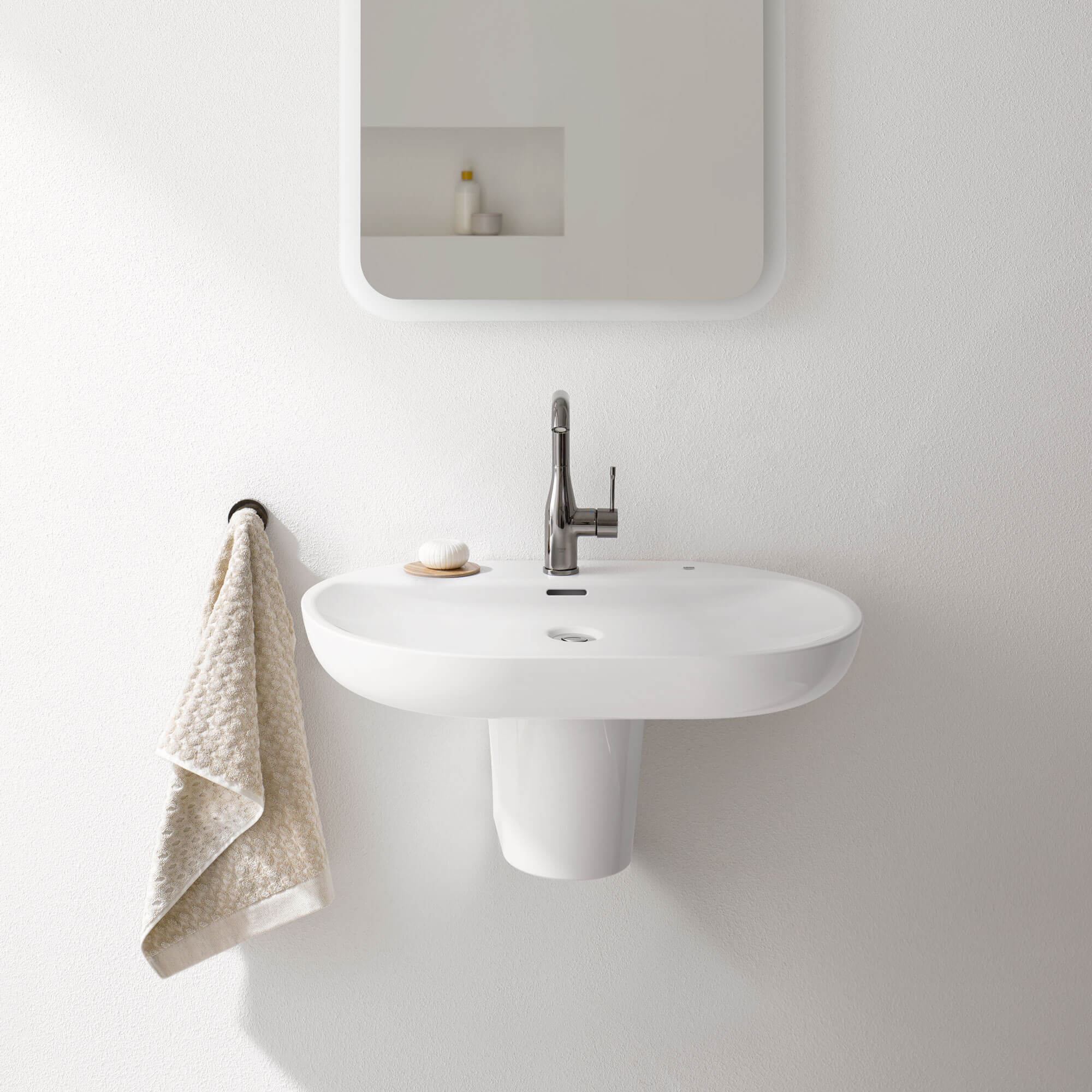
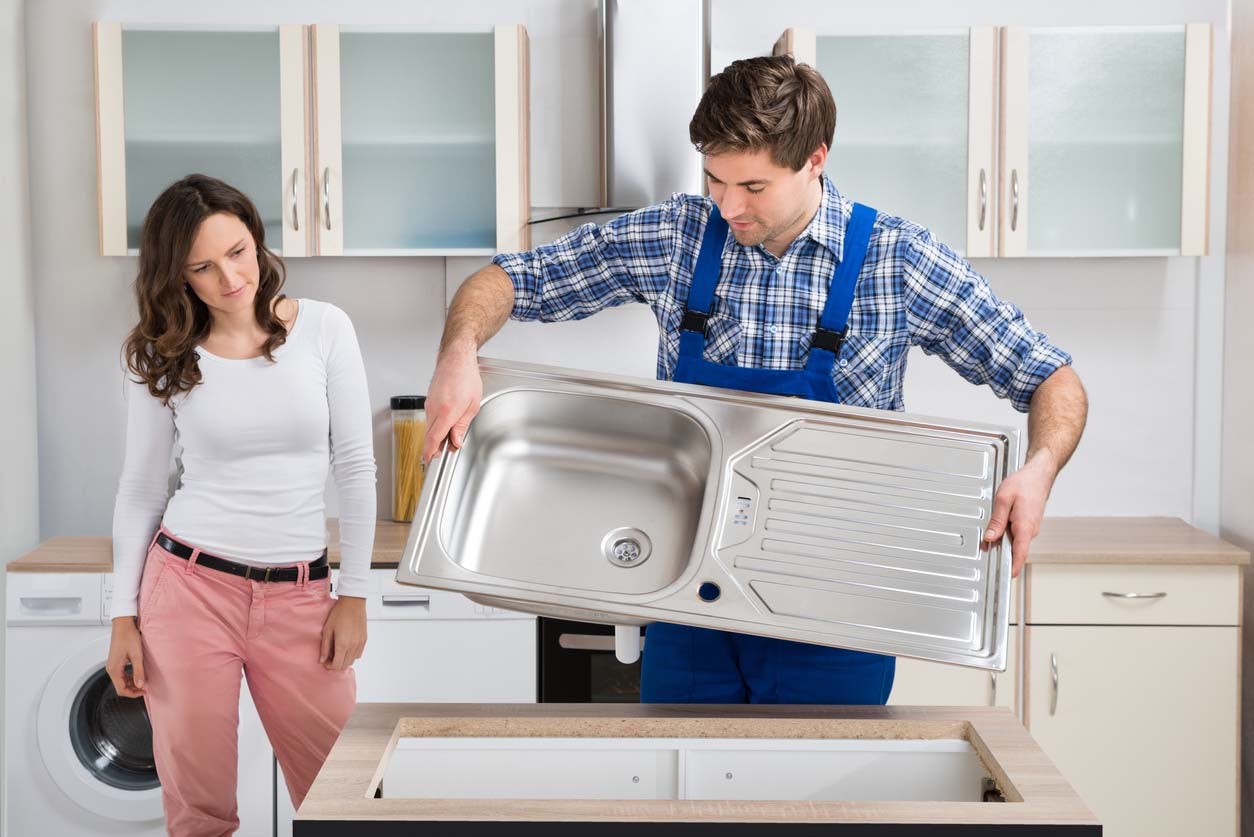
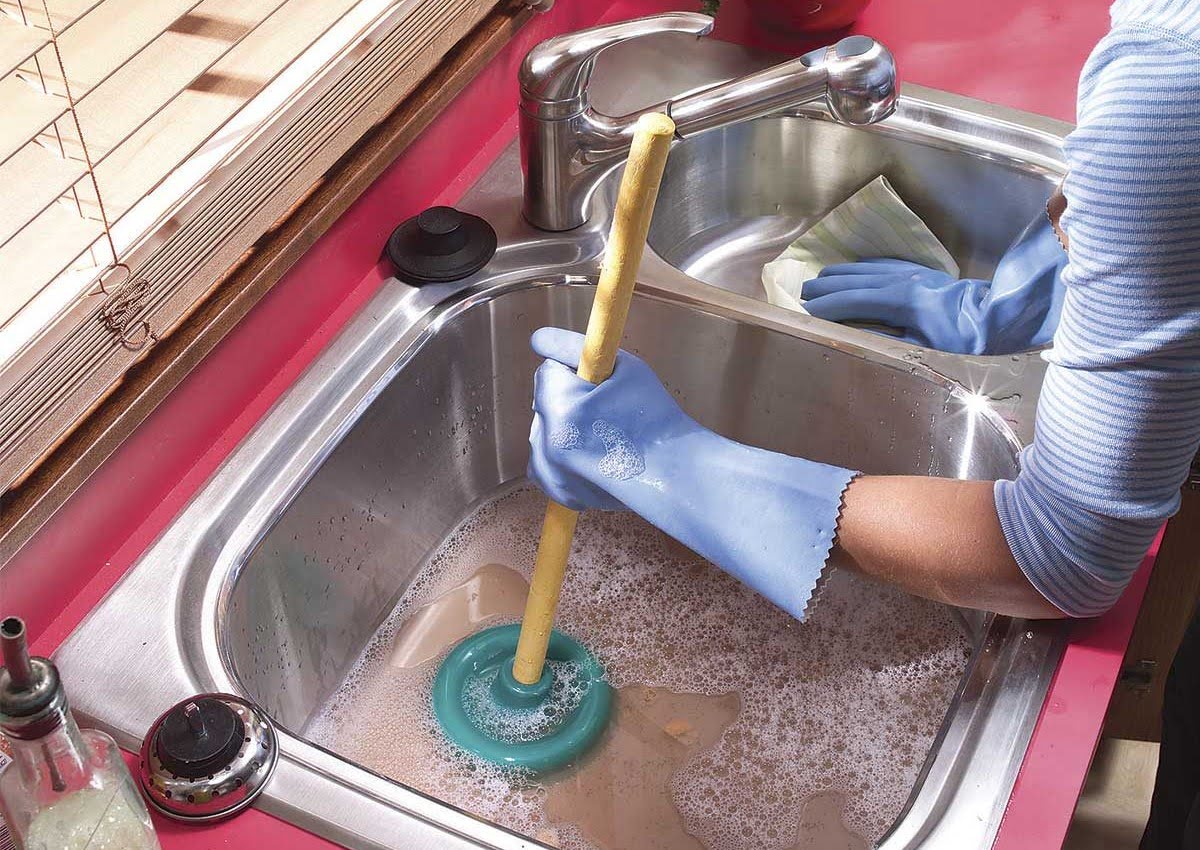
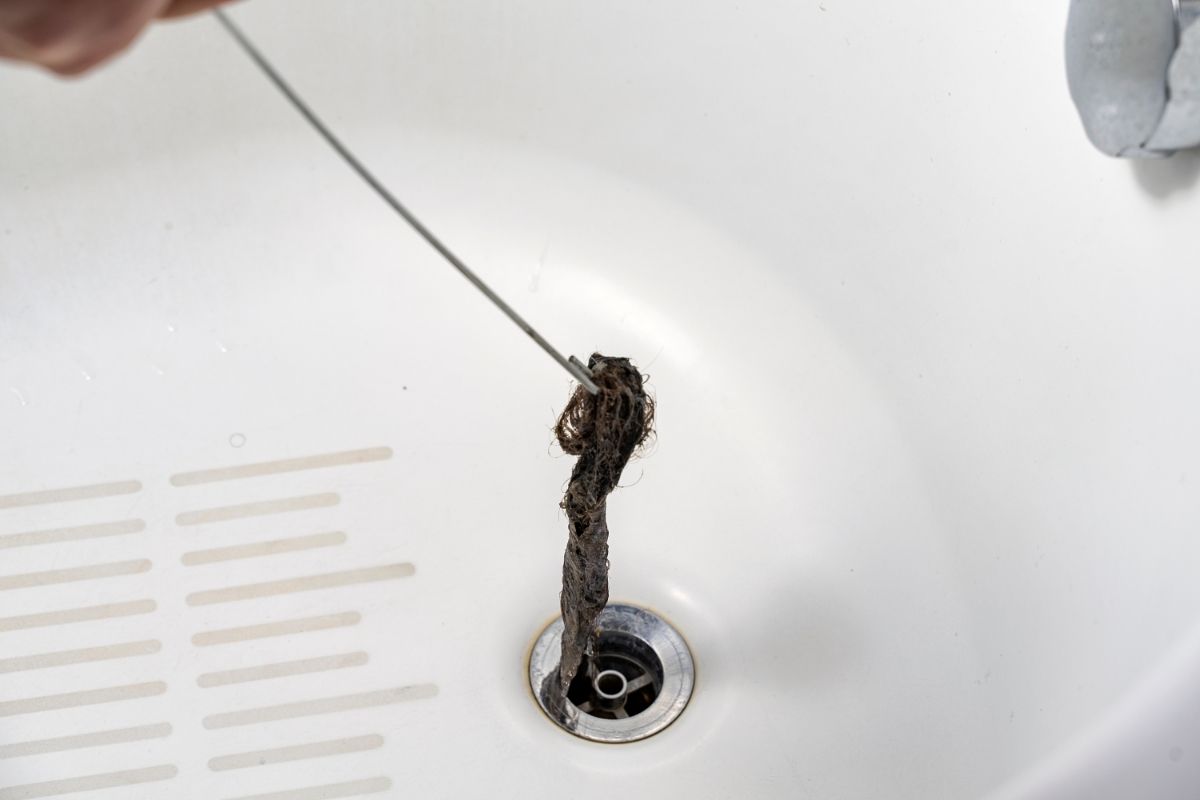
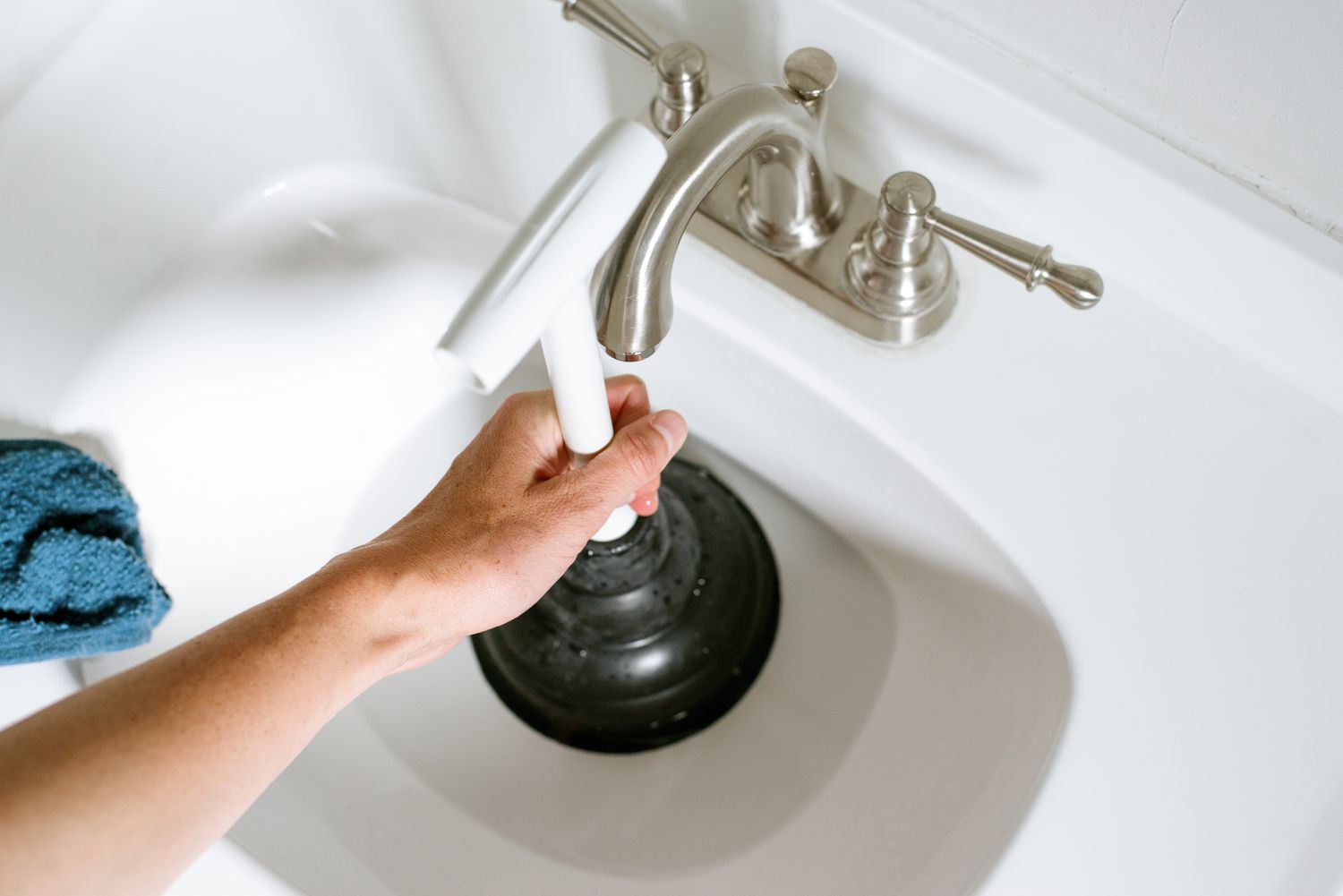
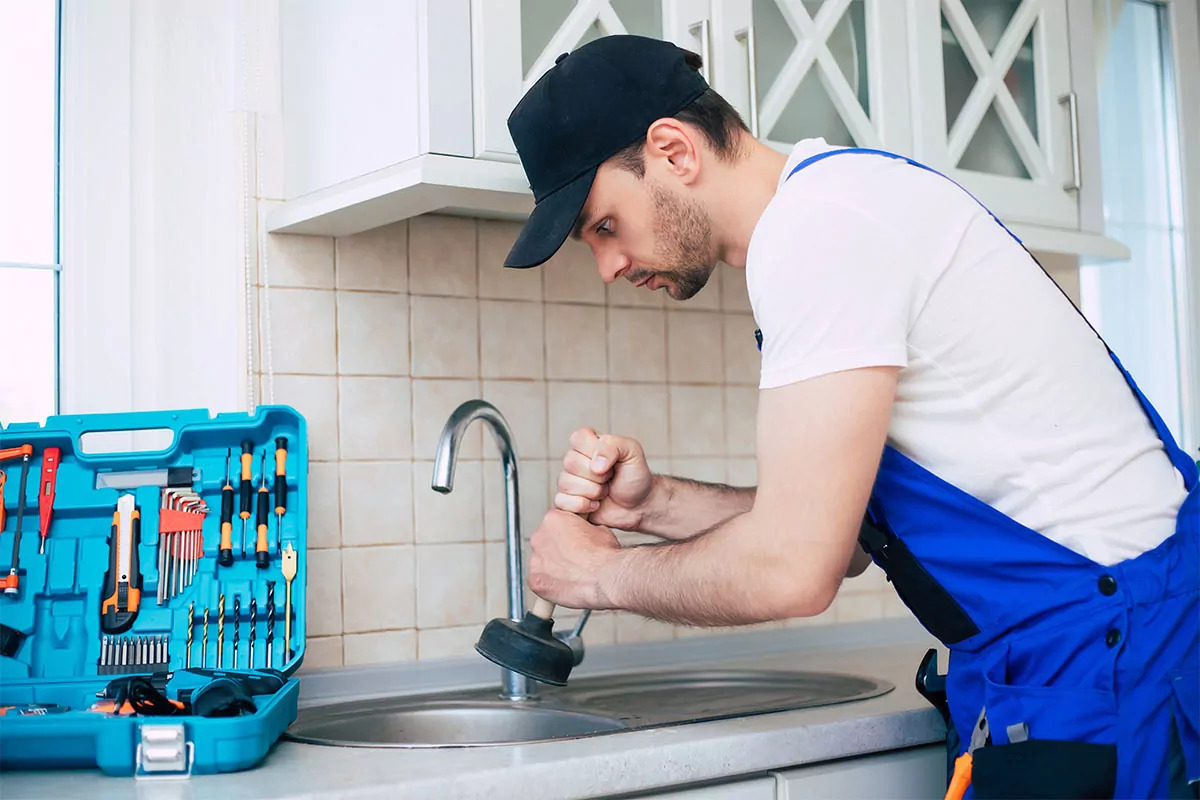

0 thoughts on “How Much Does A Plumber Charge To Unclog A Kitchen Sink”